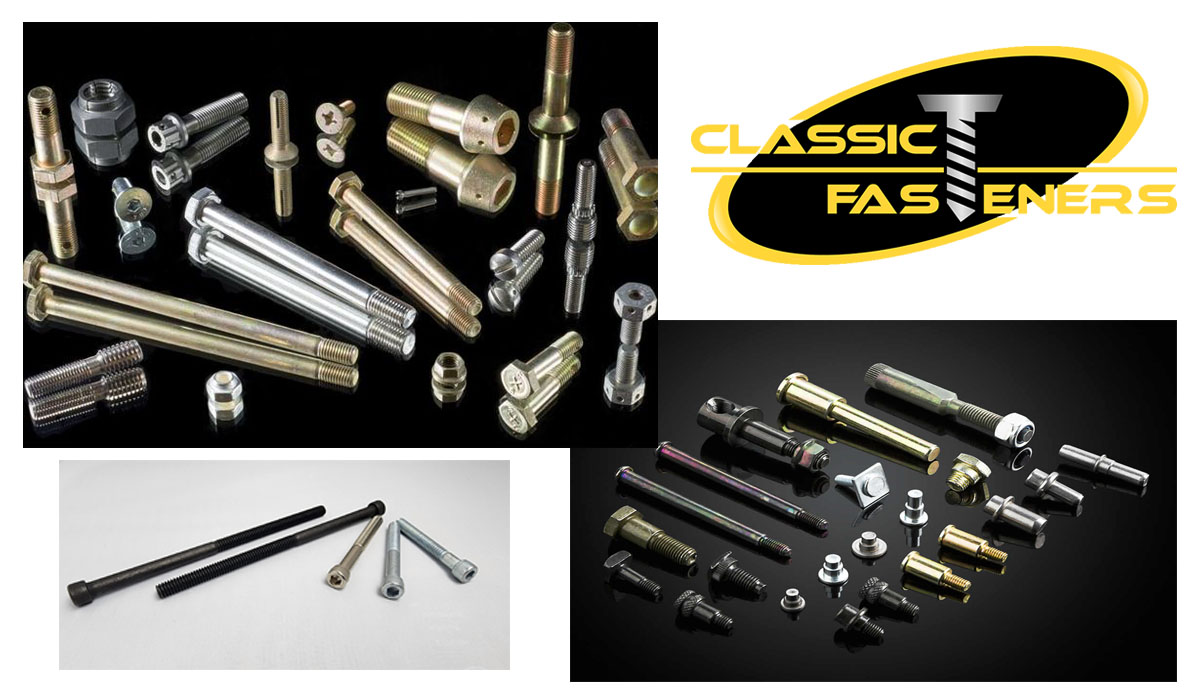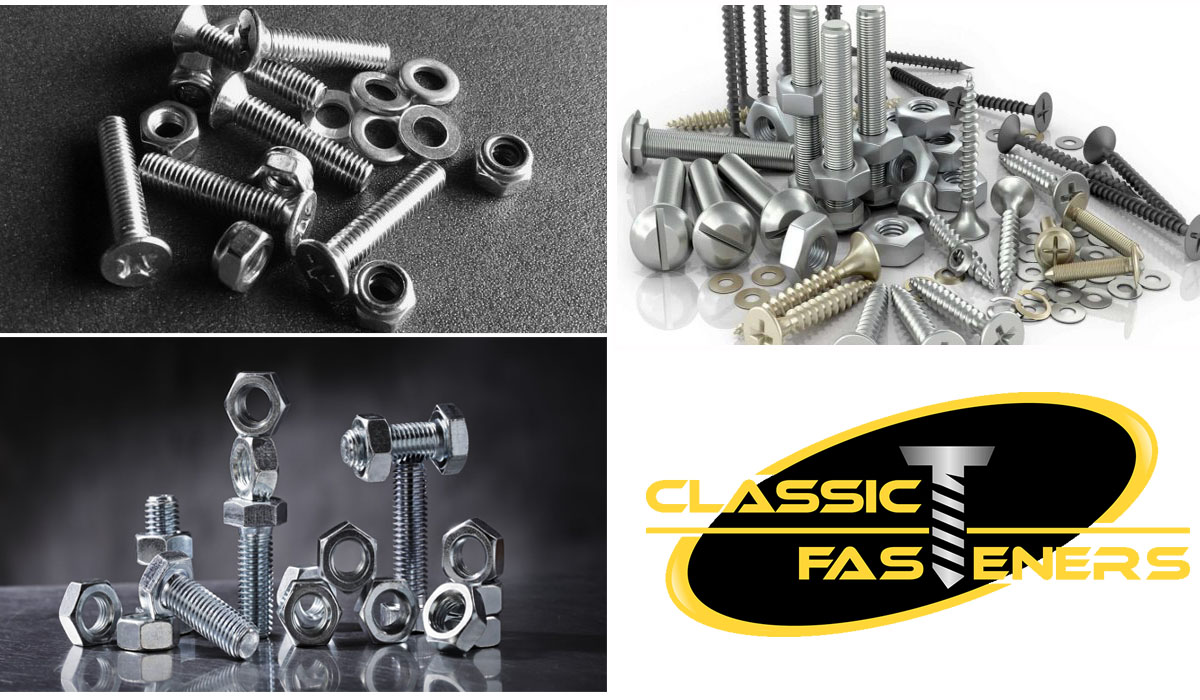
The Evolution Of Fastener Materials: From Iron To Titanium
Accessing Iron To Titanium Fastener Materials With Classical Knowledge
Classic Fasteners LLC, based in St. Charles, IL, stood out for quality, trust, and expertise. On a journey that began on November 1, 2010, with three decades of fastener experience, we’ve seen materials change and the industry change, and we’ve led the way. Which fastener should I use? Explore our diverse range of fasteners. Need more justification for our legacy? Our certifications demonstrate our dedication. Let’s look at the development of fastener materials.
The Humble Beginnings: Iron Fasteners
Throughout history, as technology and innovation surged forward, so did the materials that kept structures, machines, and devices bound together. These unsung heroes, the fasteners, have seen their materials evolve from rudimentary metals to advanced alloys, each transition driven by the need for better performance, durability, and functionality.
Iron, a material as old as civilization itself, was the cornerstone of the earliest fasteners. Its abundance, malleability, and relative strength made it a natural choice. However, iron fasteners were not without their flaws. They were prone to rust, lacked the tensile strength of later materials, and were often inconsistent in quality.
Transition To Modern Fastener Materials
• Stainless Steel Fasteners: A Leap Into The Future
As technology progressed, so did the need for stronger, more resilient fasteners. Enter stainless steel fasteners. Resistant to rust and corrosion, they offered strength and longevity that iron simply couldn’t match. Whether in the depths of the ocean or the heart of industries, they stood the test of time and environment.

• Brass Fasteners: Melding Aesthetics With Strength
Brass fasteners brought a unique blend to the table. While not as strong as stainless steel, brass offered resistance to corrosion, especially in environments where metal decay was rampant. Plus, their golden hue made them a favorite for decorative purposes.
• Plastic Fasteners: The Modern Marvel
Shattering all conventions, plastic fasteners made their mark in specialized applications. Lightweight, versatile, and resistant to many chemicals, they became the go-to for industries where metal fasteners were unsuitable, from electronics to certain aquatic applications.
Titanium: The Pinnacle Of Fastener Evolution
In the quest for the ultimate fastener material, titanium emerged victorious. Boasting the highest strength-to-weight ratio of any metal, it’s resistant to corrosion, can withstand extreme temperatures, and is biocompatible, making it ideal even for medical applications.
From the bygone era of iron to the contemporary age of titanium, the journey of fastener materials mirrors mankind’s relentless pursuit of excellence. As we continue to push the boundaries of innovation, one wonders what the next chapter in this evolution will be.
The Classic Choice: Always Ahead, Always Reliable
Classic Fasteners, LLC, continues to be a reliable partner in this dynamic industry, assisting you in making well-informed decisions that are specifically tailored to your requirements. Why have so many companies chosen us? It represents our legacy, our commitment to being more than just a supplier, and our promise of quality. Our goal is to function as an extension of your team, improving existing solutions and ensuring that you always have access to the very best options available.
Still debating? Explore in more detail the reasons why you should pick us. And when you’re ready to talk about your requirements, you can give us a call at (630) 292-3174 or send us a message through our contact page. The classic touch will elevate your projects.
